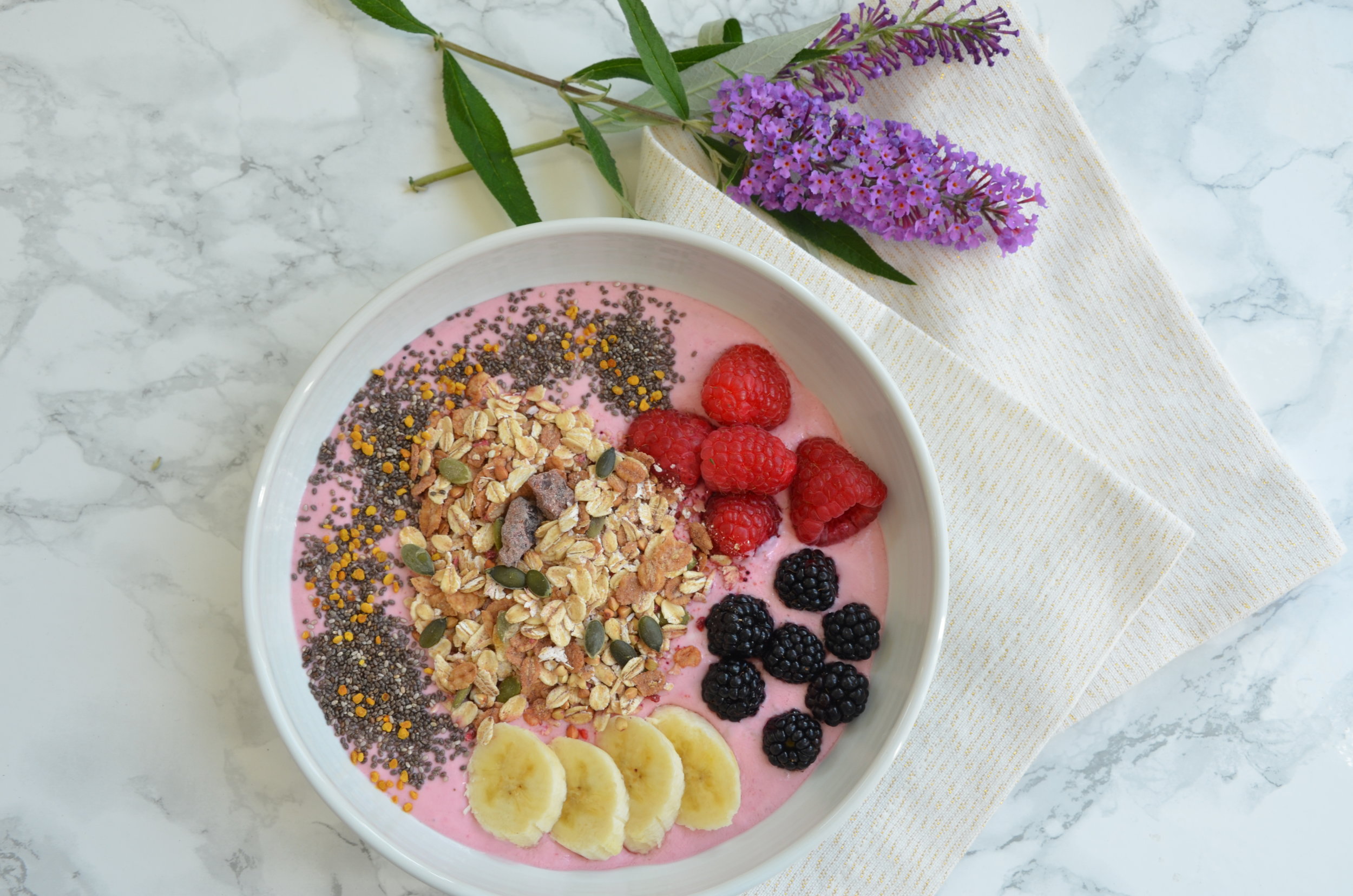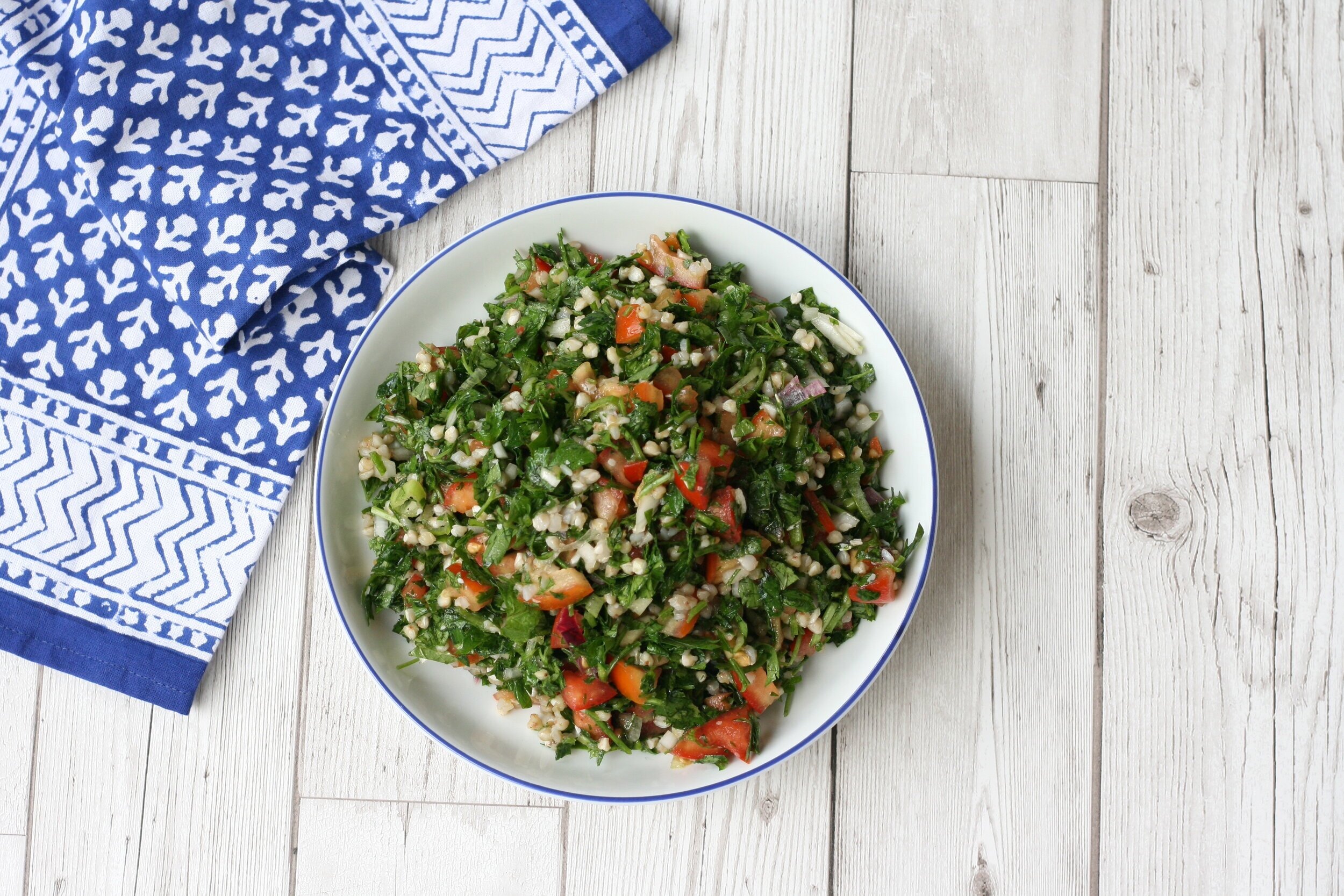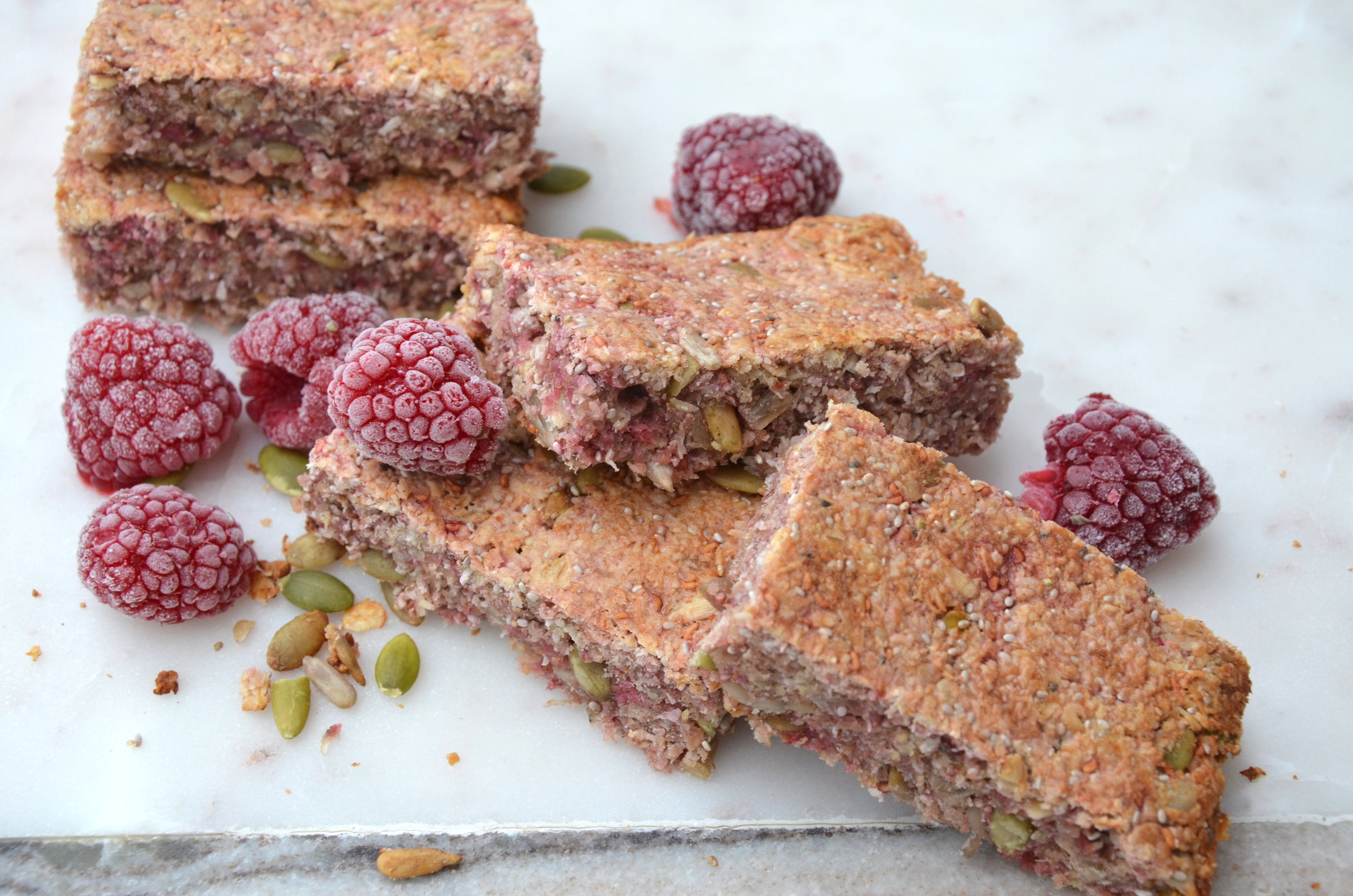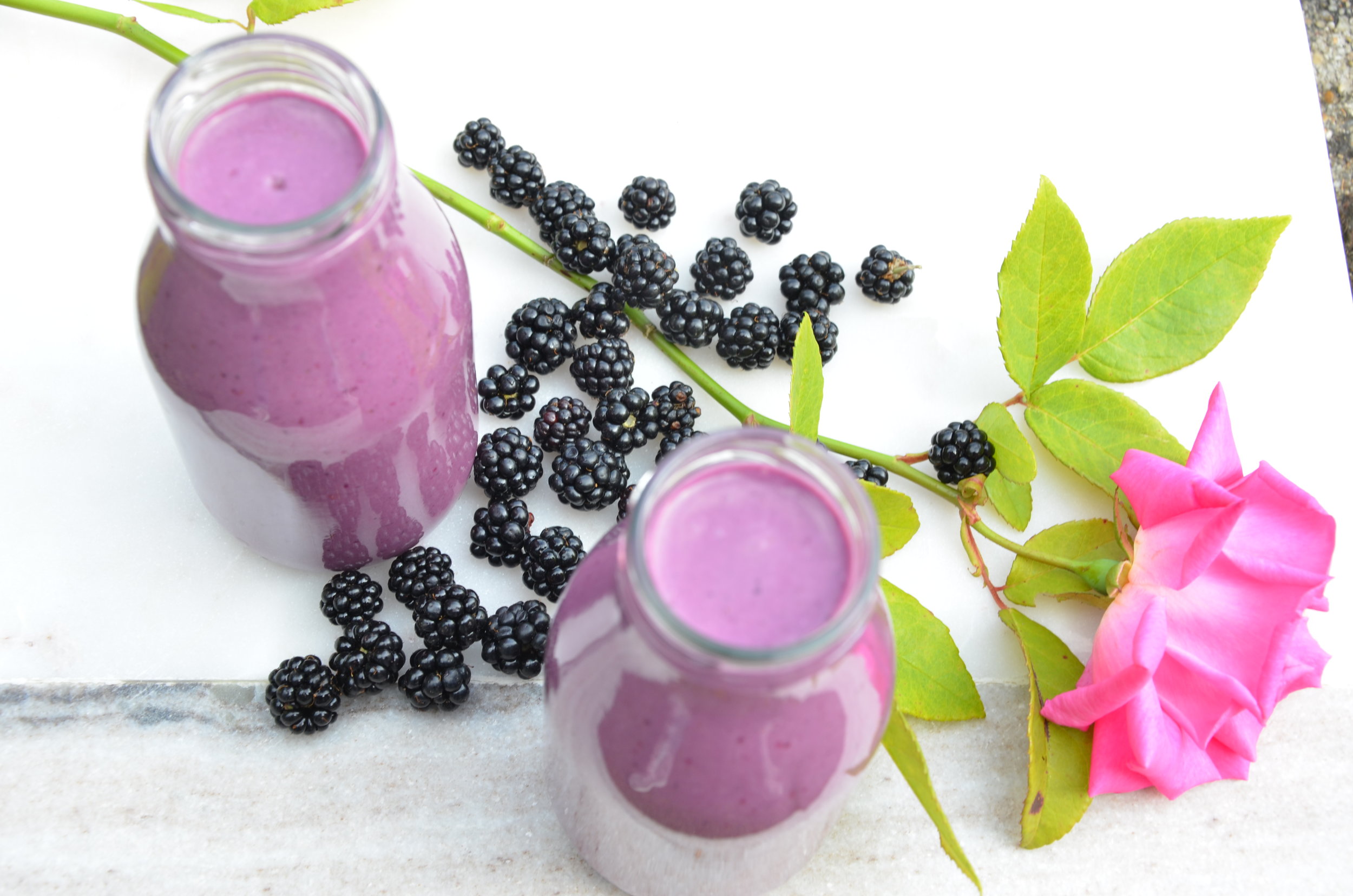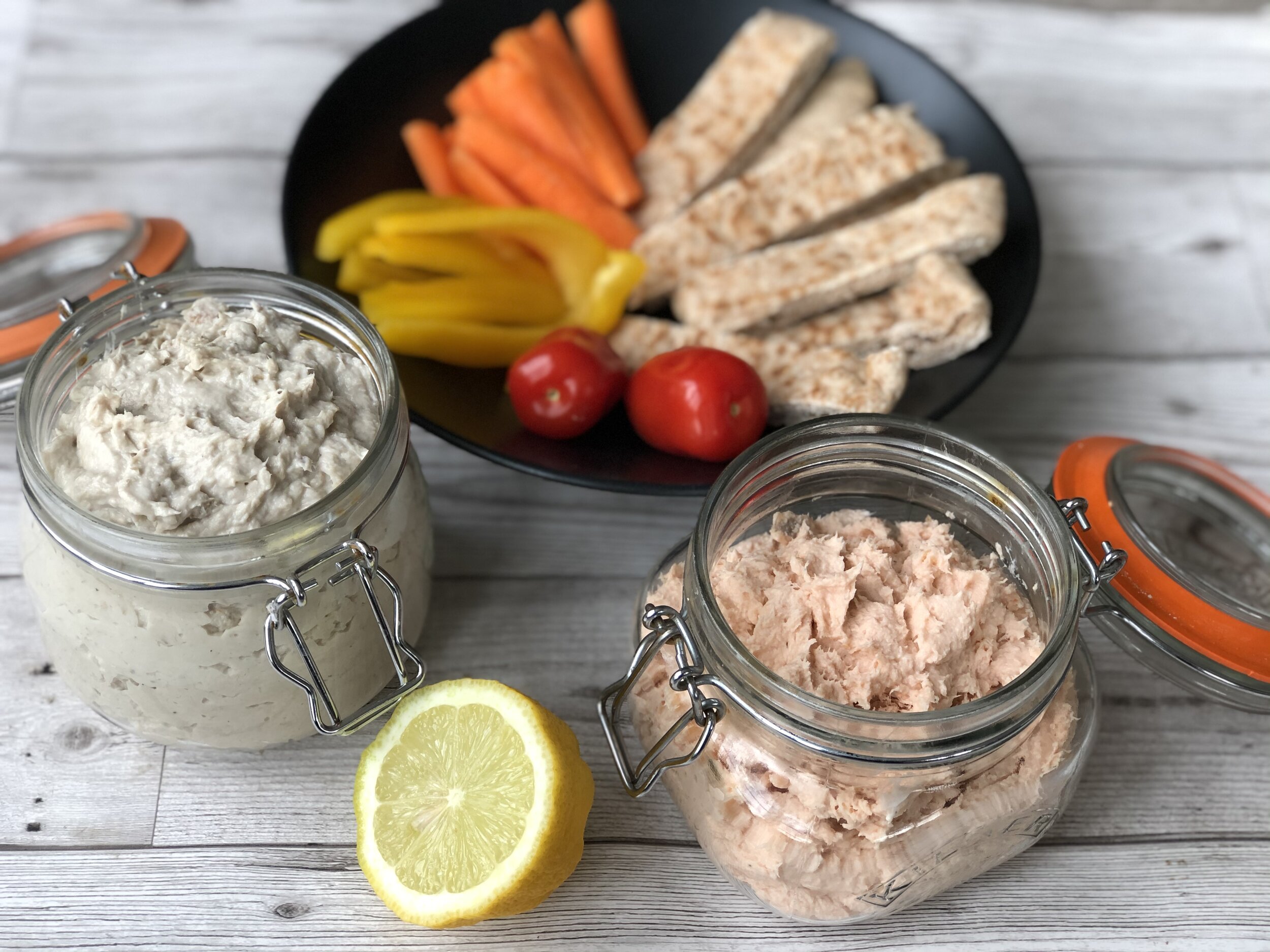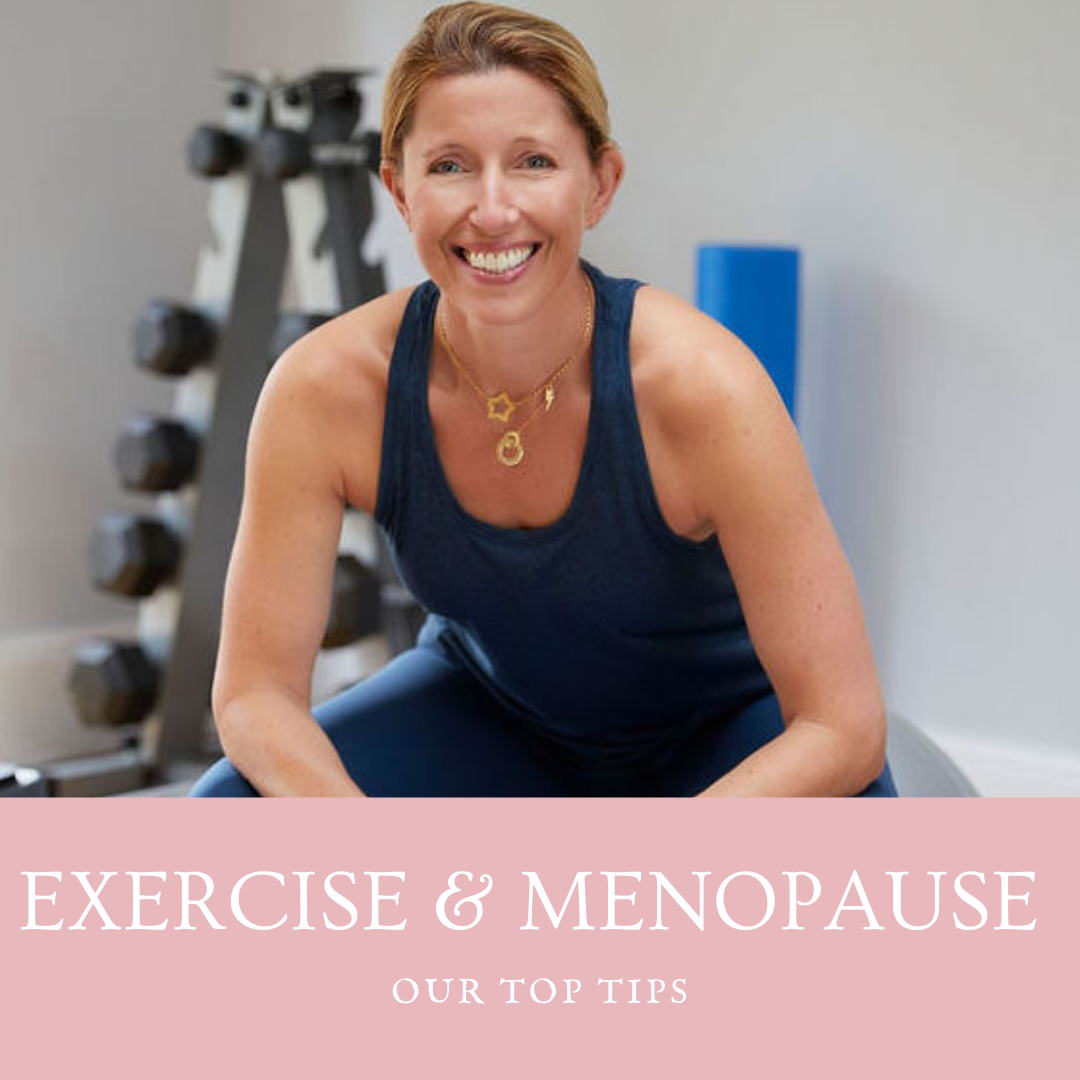Microgreens are little powerhouses of nutrients and in this blog post I want to explain to you the benefits and why you should be including them in your diet. They don’t just make your food look pretty they have an impressive amounts of benefits too.
Microgreens are baby plants harvested in the seedling stage usually when they are 7-14 days old. They fall between sprouts and baby leaf vegetables. Sprouts are grown in water and microgreens, like vegetables, are grown in soil. They are usually 2-7cm tall when harvested.

